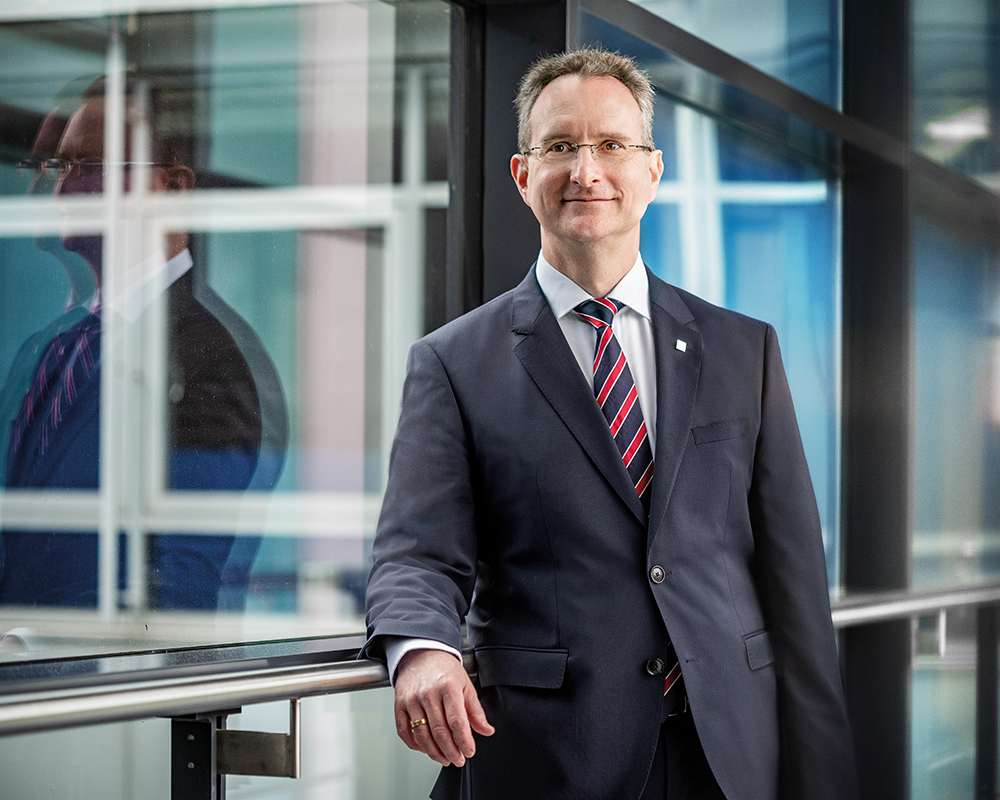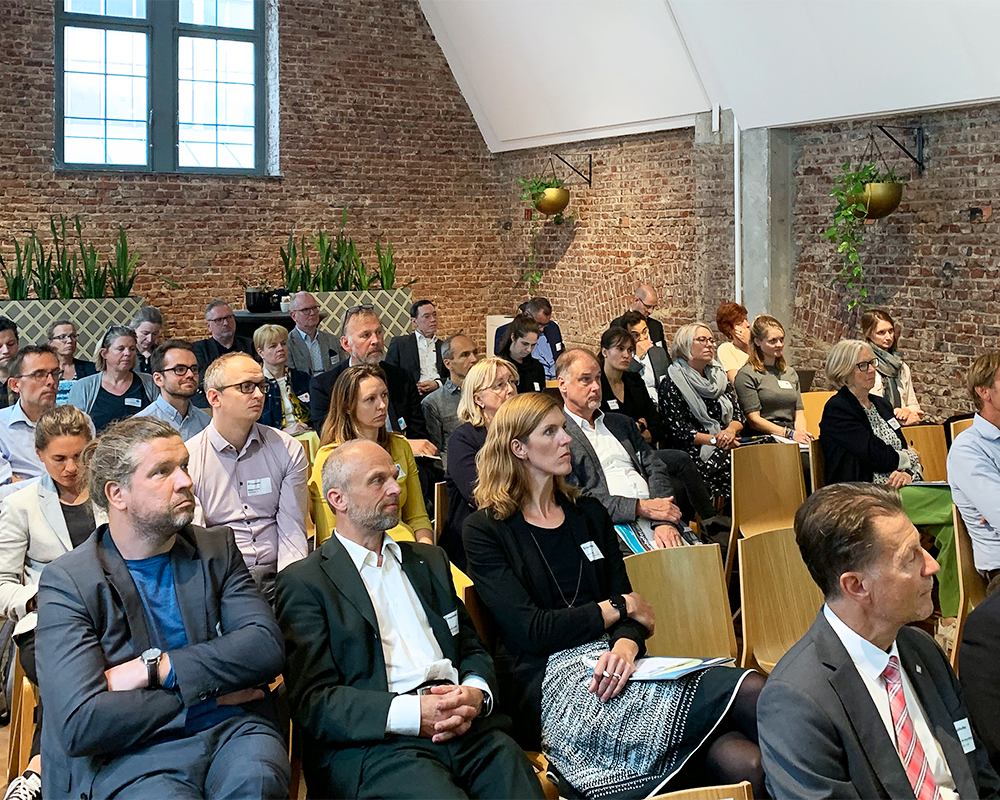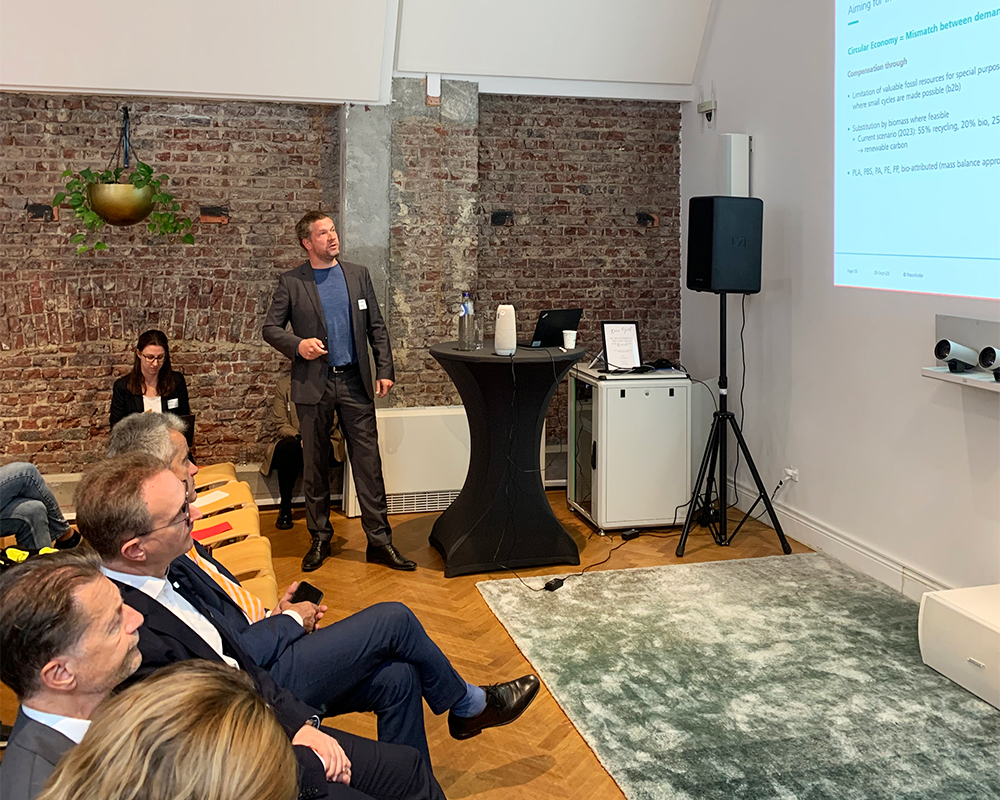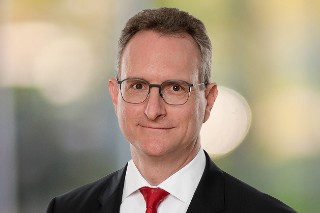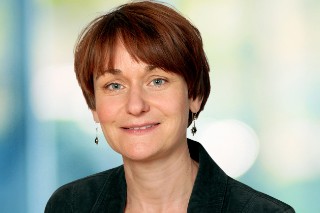Fraunhofer Strategic Research Field Bioeconomy
Climate change, biodiversity loss, resource scarcity and a steady rise in the world’s population pose major challenges for society. Achieving a more sustainable way of life and a more sustainable economy requires not only a timely energy and agricultural transition but also a timely raw materials transition. The circular bioeconomy makes an important contribution to this through its technologies, products and knowledge.
In the Fraunhofer Strategic Research Field Bioeconomy, scientists from Fraunhofer-Gesellschaft are investigating biological systems and combining their findings with ingenious technologies in order to develop groundbreaking innovations for a sustainable, bio-based economy. They are working to make material flows, materials, structures and the principles of nature utilizable in technology and applying them in production cycles and in specific products.
